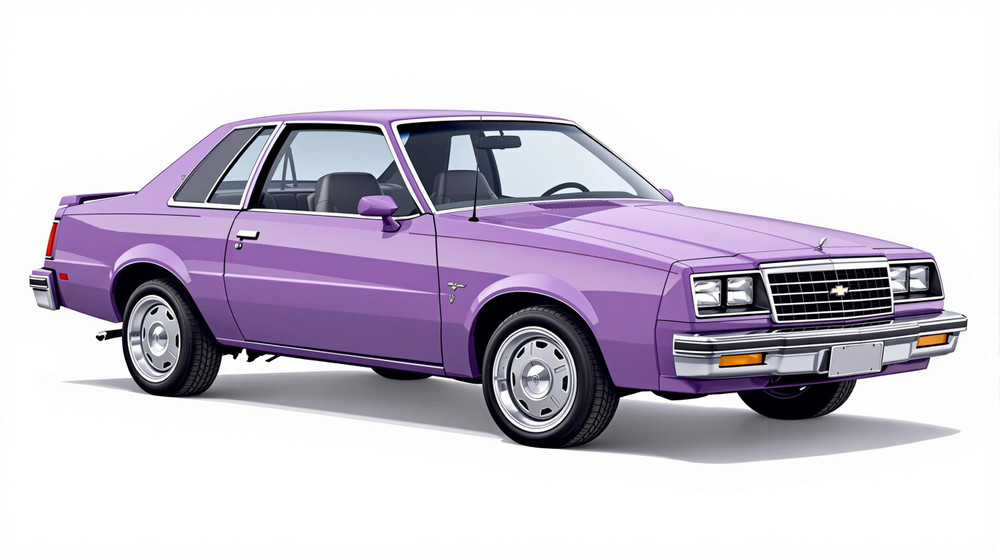Image of 1982 Chevrolet Cavalier, Note: These illustrations use artistic license and may differ from actual historical models.
Performance Metrics
Fundamental Metrics
Emotional Appeal
MMP Rating
| Engine Specifications | |
|---|---|
| Engine Options: | 1.8L 4-cylinder, 2.0L 4-cylinder |
| Displacement Range: | 1.8L - 2.0L |
| Horsepower Range: | 88 - 112 hp |
| Torque: | 108 - 118 lb-ft |
| Compression Ratio: | 8.2:1 - 9.0:1 |
| Ignition System: | Electronic ignition (Transistorized) |
| Cooling System: | Liquid cooled |
| Performance Specifications | |
| 0-60 Time: | 11 - 13 seconds |
| 1/4 Mile Time: | 18 - 20 seconds |
| Top Speed: | 100 - 105 mph |
| Transmission and Drive | |
| Drive Type: | Front-wheel drive |
| Transmission Type: | 3-speed automatic, 4-speed manual |
| Fuel and Efficiency | |
| Fuel System Type: | Carburetor |
| MPG: | 24 city / 34 highway |
| Dimensions and Brakes | |
| Brakes: | Front disc / rear drum |
| Wheelbase: | 101.2 inches |
| Weight: | 2,400 - 2,600 lbs |
Note: Specifications for classic cars are given to the best of our ability, considering the limited and variant data available.
1982 Chevrolet Cavalier: An Unsung Hero of the 80s Automotive Scene
The 1982 Chevrolet Cavalier emerged as a compact solution to the oil crises of the 1970s, marking a significant shift in American automotive design. Born from the necessity for fuel-efficient vehicles, the Cavalier was Chevrolet's answer to the growing demand for smaller and more economical cars. This model was part of General Motors' J-car platform, which was shared among several GM brands globally. Despite its humble beginnings, the Cavalier would go on to become a staple in Chevrolet's lineup through its reliability and affordability. A particularly intriguing fact about this car is that it was one of the first American vehicles to adopt front-wheel drive across its entire range, a feature that has since become industry standard.
Design and Innovation
The exterior styling of the 1982 Cavalier was clean and unassuming, with a boxy silhouette characteristic of the era. The interior featured a straightforward layout with an emphasis on functionality over luxury. Materials used were typical for an entry-level car of the time, durable but not particularly high-end. Technologically, it offered what was then considered modern conveniences such as an AM/FM radio and air conditioning. The color palette included understated hues like Autumn Maple Firemist and Midnight Blue, with brighter options like Apple Red appealing to those desiring more flair. Body styles ranged from two-door coupes and convertibles to four-door sedans and station wagons, with the coupe being particularly popular for its sportier appearance.
Historical Significance
The Cavalier's introduction marked a pivotal moment for Chevrolet as it transitioned to front-wheel drive platforms. It set itself apart by offering an affordable yet modern vehicle that could compete with both domestic and foreign manufacturers. Its success helped pave the way for future generations of compact cars from Chevrolet and demonstrated that American automakers could produce small cars that resonated with consumers.
Performance and Handling
Performance-wise, the 1982 Cavalier's base engine was a 1.8-liter inline-four, later upgraded to a 2.0-liter variant, neither of which were powerhouses but provided adequate performance for daily driving with modest top speeds and leisurely acceleration figures. Handling was predictable and suited to everyday commuting rather than spirited driving; however, its relatively light weight contributed to nimble responses in urban environments. The driving experience was characterized by simplicity; from the hum of its modest engine to the basic comfort of its ride.
Ownership Experience
As a daily driver, the Cavalier excelled due to its practicality and fuel efficiency. It wasn't uncommon to see these vehicles utilized in various capacities—from family transport to fleet service due to their reliability. Maintenance was straightforward, making it an ideal car for DIY enthusiasts or those seeking low-cost ownership.
Fun Facts
The Cavalier may not have been known for record-breaking speed or sales milestones, but it did find its way into many American driveways with over 5 million units sold throughout its production run. It also faced criticism for its lackluster performance and basic amenities but managed to maintain a loyal customer base who valued its economy over extravagance.
Collector's Information
Today, while not typically seen as a collector's car, well-preserved Cavaliers can evoke nostalgia for 80s automotive culture. With production numbers in the hundreds of thousands annually during its early years, they are not particularly rare, but finding one in excellent condition can be challenging due to their age and utilitarian use. As for value range, an exceptional example might fetch anywhere from $1,500 to $5,000 depending on various factors such as condition, mileage, and originality.
Conclusion
The 1982 Chevrolet Cavalier may not have been a headline-grabber in terms of performance or luxury; however, it played a crucial role in Chevrolet's history as a reliable compact car that met the needs of many during uncertain economic times. Its significance lies in its representation of an era when efficiency began taking precedence in American car design—a legacy that continues today.
1982 Chevrolet Cavalier Catalog of Parts
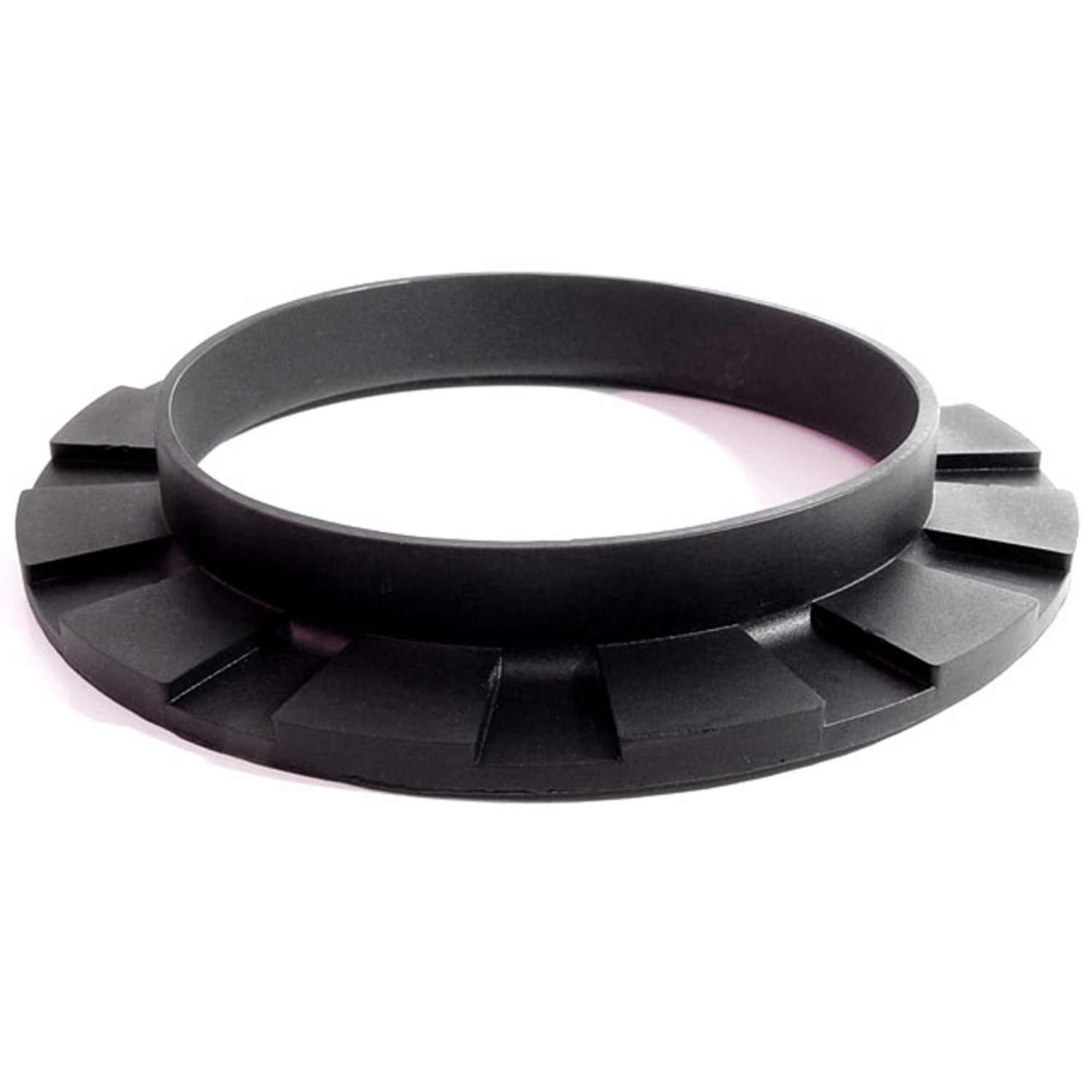 1982 Chevrolet Cavalier Front coil-spring insulator-BN 110Front coil-spring insulator. Fits '41-'60 Oldsmobile and '50-'83 GM passenger models. 5-3/8 in. OD x 3-3/4 in. ID x 3/4 in. high with 13/16 in. wide bottom flange 1/4" thick, 12 flutes. Each.
1982 Chevrolet Cavalier Front coil-spring insulator-BN 110Front coil-spring insulator. Fits '41-'60 Oldsmobile and '50-'83 GM passenger models. 5-3/8 in. OD x 3-3/4 in. ID x 3/4 in. high with 13/16 in. wide bottom flange 1/4" thick, 12 flutes. Each.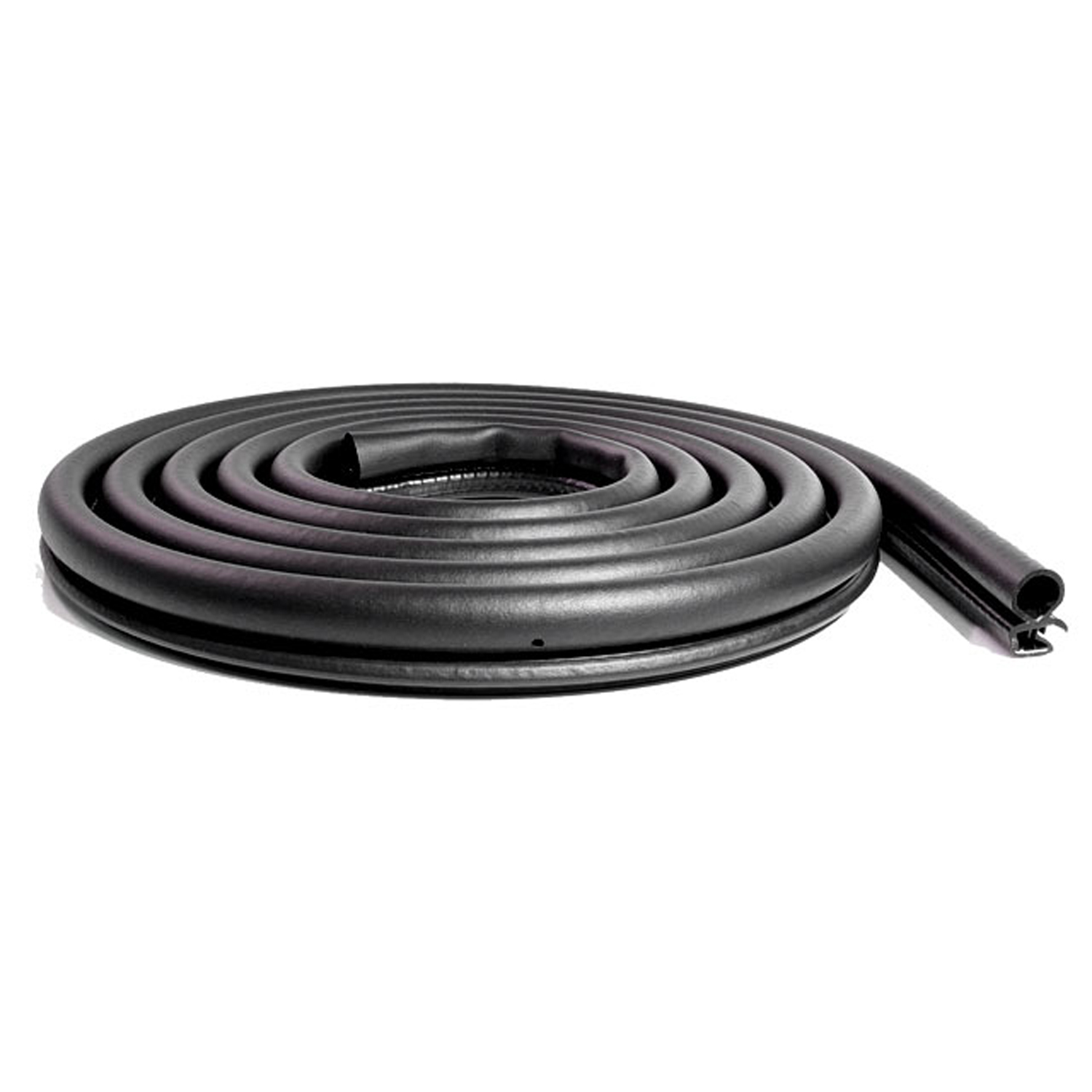 1982 Chevrolet Cavalier Extruded door seal (imported). Universal replacement part-IS-MW00100Extruded door seal (imported). Universal replacement part. Made with flexible steel core. Fits front or rear and either side on passenger doors. Does not fit slider/cargo doors and liftgates on vans and mini-vans. 1-3/16 in. X 3/4 in. X 13 ft. 4 in. Each.
1982 Chevrolet Cavalier Extruded door seal (imported). Universal replacement part-IS-MW00100Extruded door seal (imported). Universal replacement part. Made with flexible steel core. Fits front or rear and either side on passenger doors. Does not fit slider/cargo doors and liftgates on vans and mini-vans. 1-3/16 in. X 3/4 in. X 13 ft. 4 in. Each.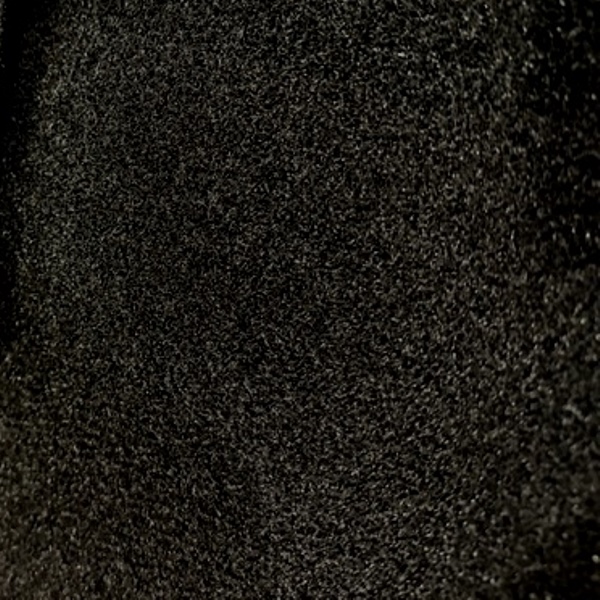 1982 Chevrolet Cavalier Trunk Liner. Loose weave, jet black. 50" wide-M 30Trunk Liner. Loose weave, jet black. 50" wide. Sold by the foot
1982 Chevrolet Cavalier Trunk Liner. Loose weave, jet black. 50" wide-M 30Trunk Liner. Loose weave, jet black. 50" wide. Sold by the foot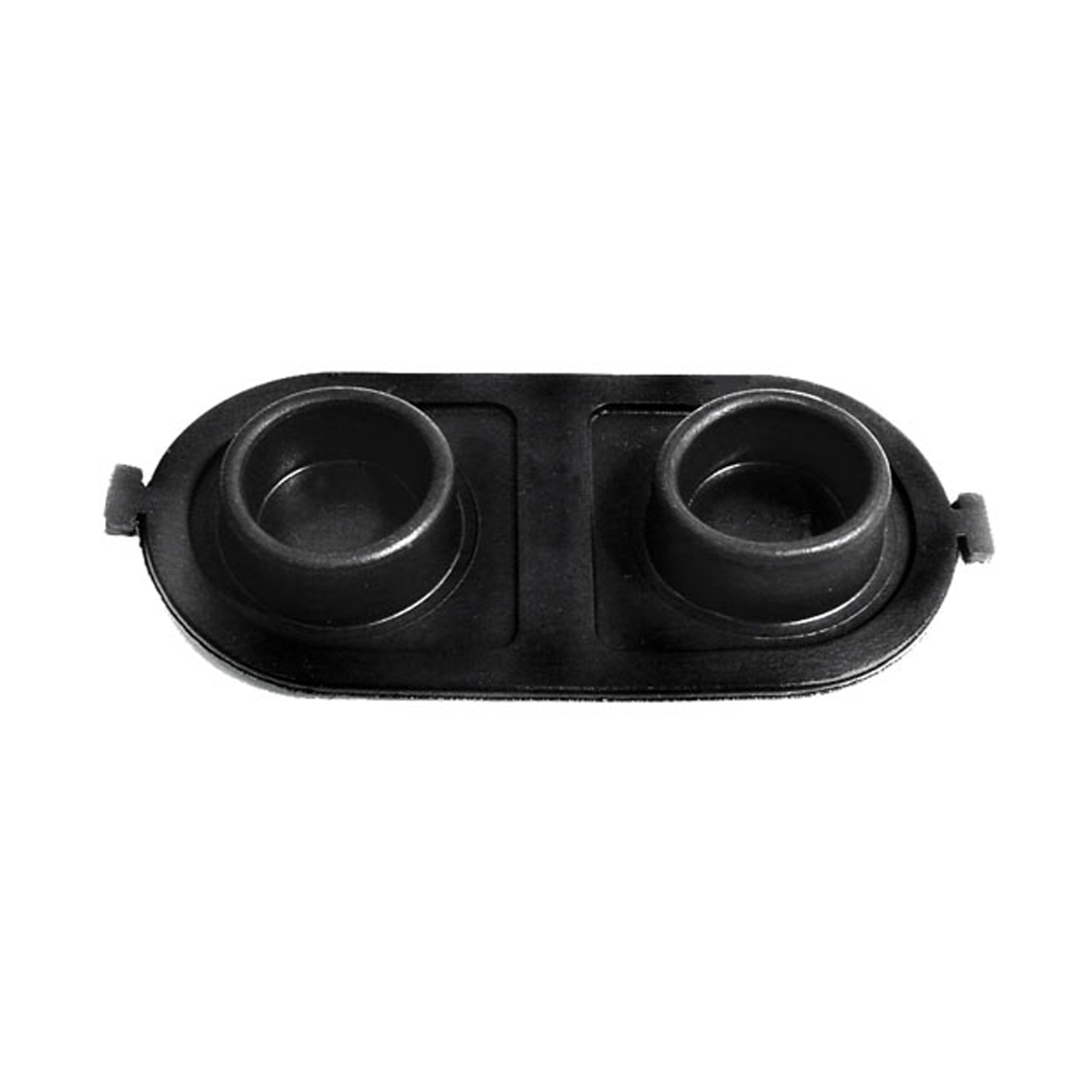 1982 Chevrolet Cavalier Brake Master Cylinder Cover Seal. Replaces OEM #5470861-RP 2-EBrake Master Cylinder Cover Seal. Replaces OEM #5470861. 5" X 2-1/2". Each
1982 Chevrolet Cavalier Brake Master Cylinder Cover Seal. Replaces OEM #5470861-RP 2-EBrake Master Cylinder Cover Seal. Replaces OEM #5470861. 5" X 2-1/2". Each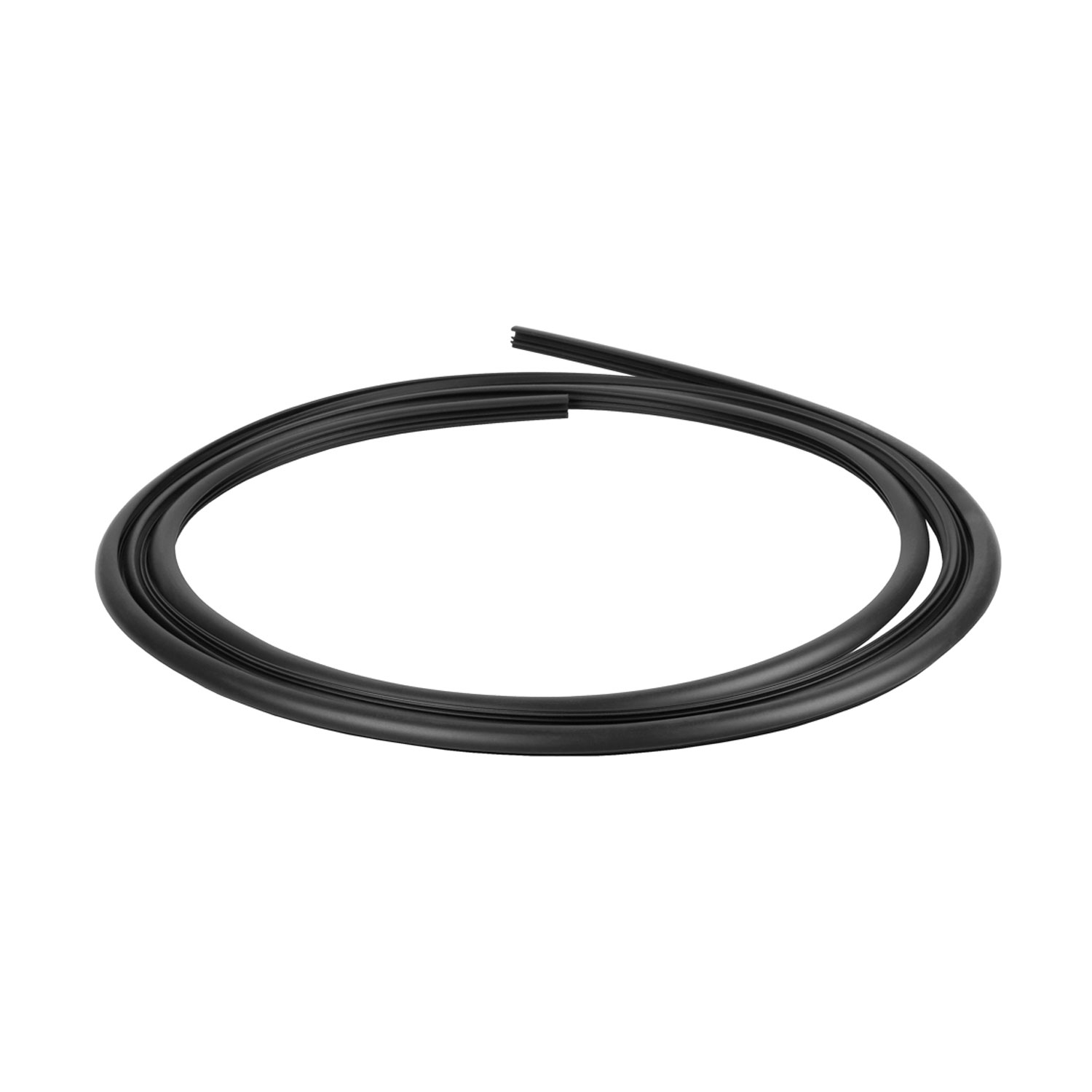 1982 Chevrolet Cavalier Windshield Reveal Molding, 82-92 GM F, 82-88 GM A, 82-89 GM J, 85-91 GM N Bodies-VWS 1967-LWindshield Reveal Molding, 82-92 GM F, 82-88 GM A, 82-89 GM J, 85-91 GM N Bodies, Each.
1982 Chevrolet Cavalier Windshield Reveal Molding, 82-92 GM F, 82-88 GM A, 82-89 GM J, 85-91 GM N Bodies-VWS 1967-LWindshield Reveal Molding, 82-92 GM F, 82-88 GM A, 82-89 GM J, 85-91 GM N Bodies, Each.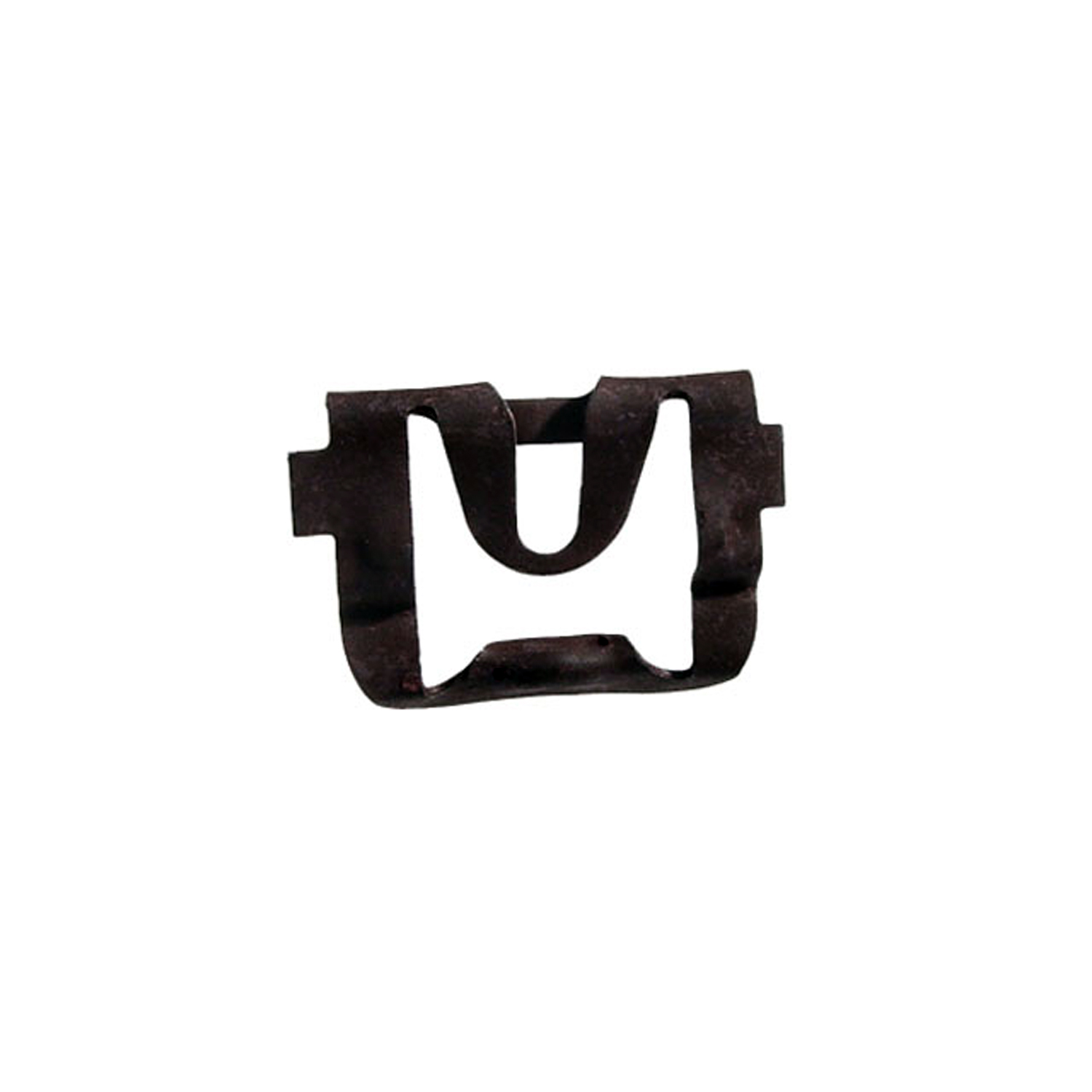 1982 Chevrolet Cavalier Rear Windshield Reveal Molding Clip. Made of steel-WF 211Rear Windshield Reveal Molding Clip. Made of steel. 15/16" X 3/4". Each
1982 Chevrolet Cavalier Rear Windshield Reveal Molding Clip. Made of steel-WF 211Rear Windshield Reveal Molding Clip. Made of steel. 15/16" X 3/4". Each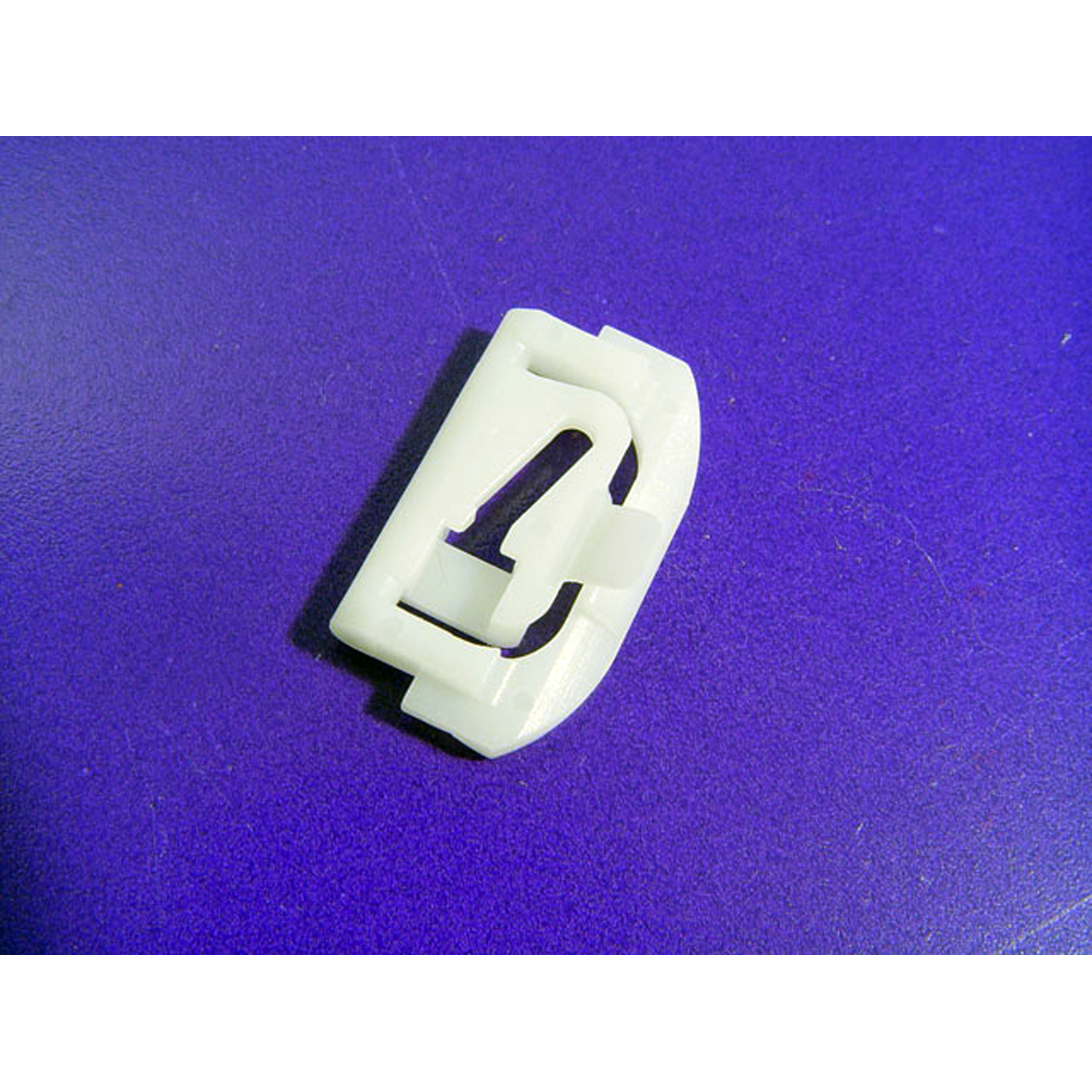 1982 Chevrolet Cavalier Lower Side Window Reveal Molding Clip. Made of nylon-WF 214Lower Side Window Reveal Molding Clip. Made of nylon. 1-1/4" x 3/4". Each
1982 Chevrolet Cavalier Lower Side Window Reveal Molding Clip. Made of nylon-WF 214Lower Side Window Reveal Molding Clip. Made of nylon. 1-1/4" x 3/4". EachWhy Choose Metro?
For over 100 years, Metro Moulded Parts has been the pinnacle of quality in classic car restoration parts. Our commitment to precision and authenticity in every component ensures a perfect fit and an OEM-level appearance.
- Expert Craftsmanship & Quality: Each part is a testament to our dedication to reliability and perfection, crafted from original designs and thoroughly tested.
- Advanced Technology: We use cutting-edge techniques to create flawless, long-lasting parts that surpass others in performance.
- SuperSoft Sponge – The Ultimate Door Seal: Not only are our door seals 30% softer than competitors', but they're also guaranteed to never leak. They effectively reduce wind and road noise, enhancing your classic car's comfort and driving experience.
- Proudly American: Our parts are a product of American craftsmanship, made in the USA with a spirit of excellence and heritage.
- Unrivaled Warranty: We back our products with a 30-year industry-leading warranty, a testament to our confidence in their quality.
Join us in preserving the legacy of classic cars with parts that are crafted for perfection, not just made.

